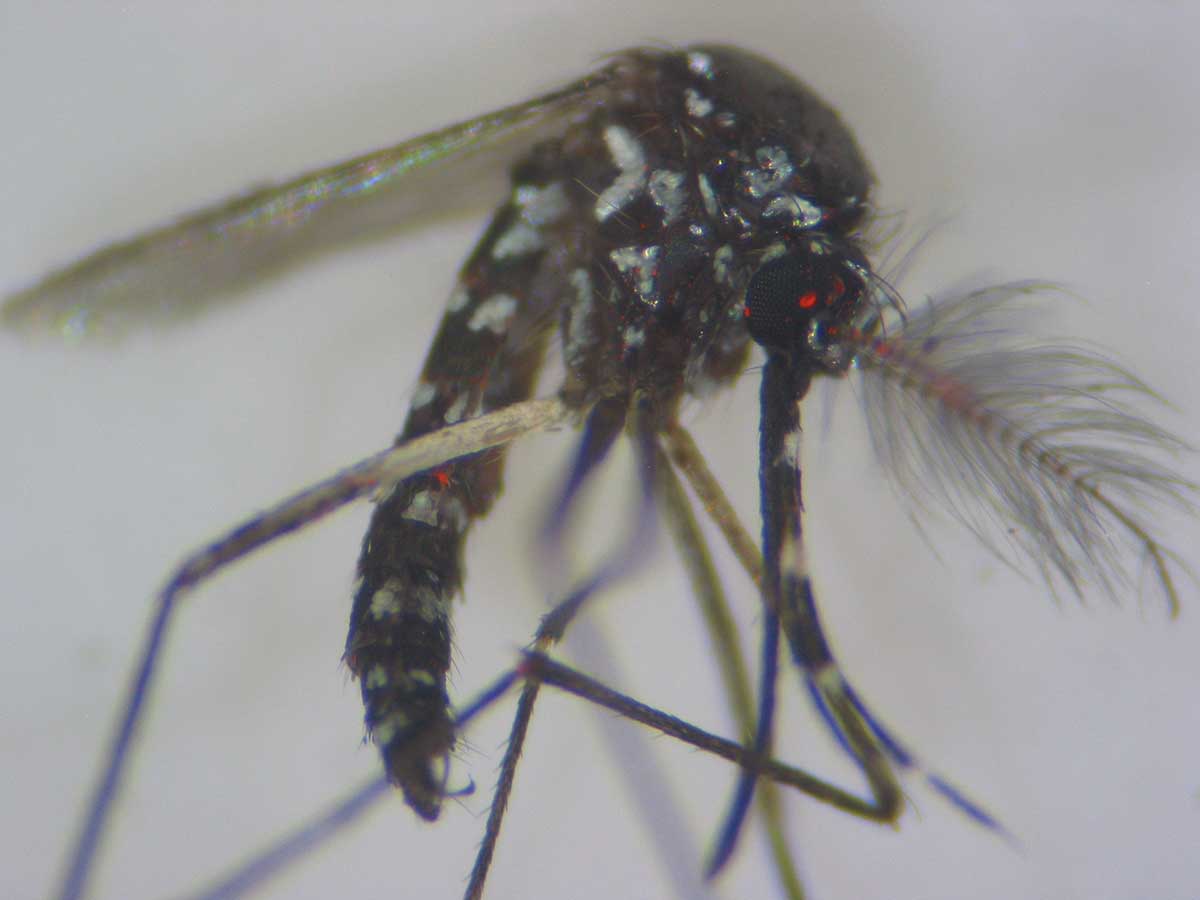Another national project within the IAEA technical cooperation programme for the project cycle 2024-2025, worth a little above 427,700 euros, is to be realized with the support of Serbian Radiation and Nuclear Safety and Security Directorate.
This two-year project under the name of “Enhancing the Capacity to Integrate Sterile Insect Technique in the Effective Management of Invasive Aedes Mosquitoes” will be coordinated by the Center for vector-borne infectious diseases and climate change impact as a part of the overall health concept at the Faculty of Agriculture in Novi Sad.
This project expected outcome is enhancing the national capacities for the development and implementation of Sterile Insect Technique (SIT) in the suppression and eradication of invasive mosquito species in Serbia by establishing a facility for mass breeding of sterile mosquitos, which could afterwards be used as a center for research & development, as well as upgrade of the SIT implementation in Serbia.
For the past few years Serbia has been facing a number of issues related to the introduction and spread of Asian tiger mosquitos (Aedes albopictus). This is the most dangerous and invasive mosquito species in Europe and worldwide, which is especially aggressive towards humans and known to spread more than 20 arboviruses such as dengue, chikungunya and Zika.
The suppression of this mosquito species is extremely demanding and complex due to their high level of adaptability to differing environmental circumstances, production of a great number of generations and overlapping during a single season. All of the above has to be coupled with this species’ minimum requirements in terms of their development habitats.
For the above reasons, the conventional methods of this mosquito suppression have not yielded the desirable results. Therefore, the risks from the diseases caused by the pathogens spread by these mosquitos require development and validation of innovative techniques, one of which is SIT.
The project encompasses equipping and commissioning of Asian tiger mosquito mass breeding facility at the Faculty of Agriculture of Novi Sad whose weekly breeding capacity would be 100,000 sterile male mosquitos. In addition, the project activities assume practical education of staff in mass production, male – female pupae segregation and male mosquito sterilization using radiation, which will be conducted, in the organization of the International Atomic Energy Agency (IAEA) in the already established operational European sterile mosquito mass production facilities.
The project also foresees the organization of IAEA SIT expert visits to the Faculty of Agriculture who will provide support in terms of facility design, equipment installation, consideration of organizational and functional aspects of mass breeding and addressing any issues that might arise during the production. Furthermore, medical entomologists from the Faculty of Agriculture will oversee the process of sterile mosquito release in the environment, which will be conducted in the second year of the project implementation. This is also important as the release of mosquitos produced in Serbia for the first time in cooperation with the Department of Radiation Chemistry and Physics at the Vinca Institute of Nuclear Sciences.
The implementation of this project is in line with several international documents covering some of the key priorities in general: sustainable development, climate change adaptation, health and well-being of people, prevention and mitigation of vector-borne diseases (UN 2030 Agenda for Sustainable Development Goal 3, Good health and well-being; WHO Global vector control response 2017-2030; EU Mission on “Adaptation to climate change”, the European Green Deal, Horizon Europe).

